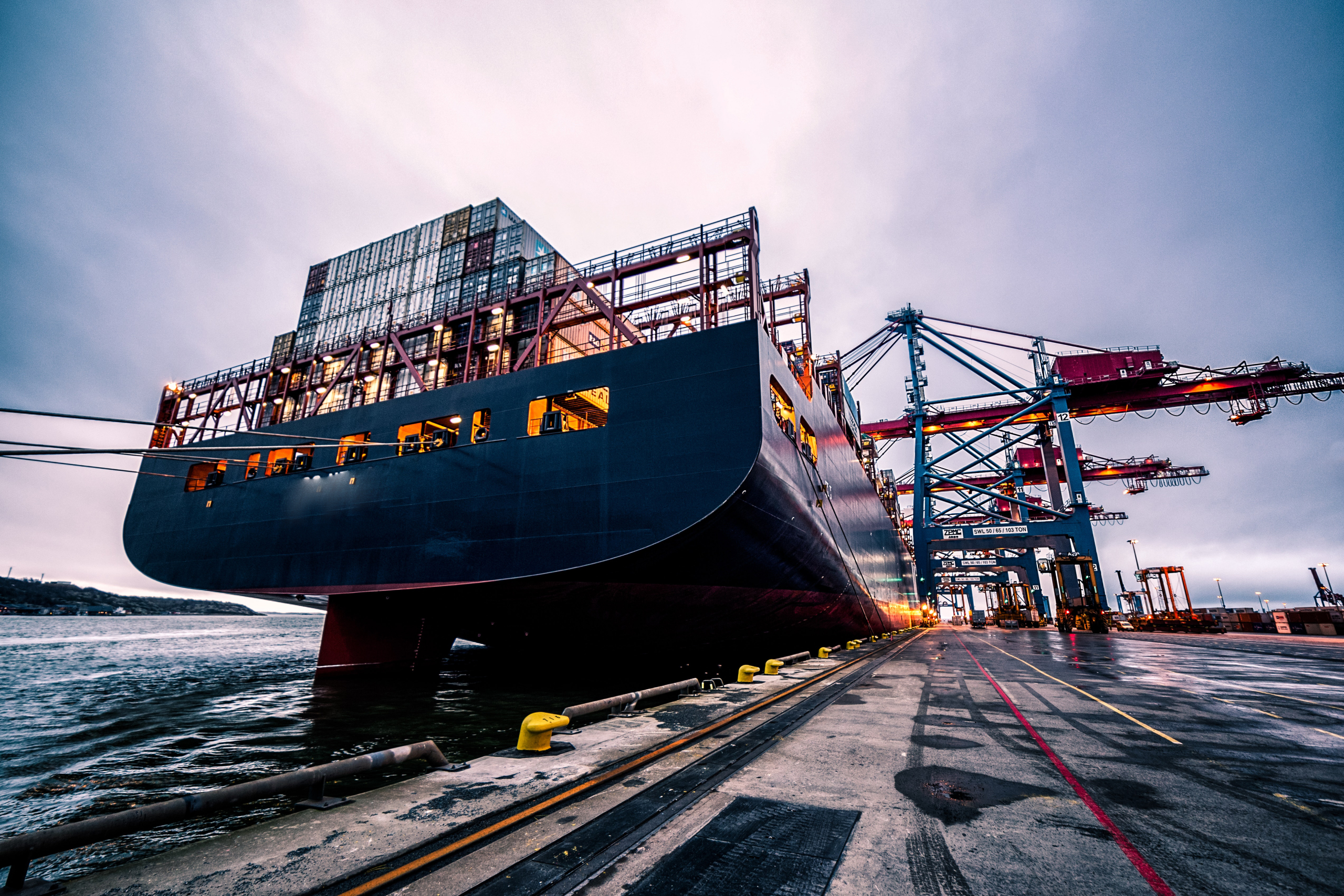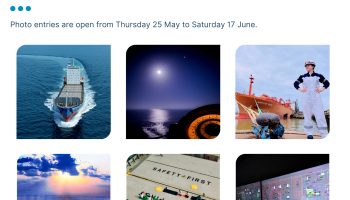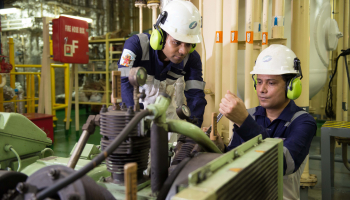For many, procurement is a function that often conjures images of people shuffling stacks of paper, tapping on calculators, placing orders or transacting with suppliers. This is what a simplified supply chain used to look like – in today’s reality, however, there are many moving parts involved in ensuring value for money and an efficient supply of goods and services.
At FLEET, our continued success is dependent upon our talented, experienced, and committed teams, both onshore and at sea – and what allows us to keep growing is our ability to constantly adapt. Reimagining our procurement function is one example of how we are adapting to changing times to drive value for our business and customers.
Procurement and supply chain: More than just buying
The traditional perceptions of purchasing departments are no longer valid. In today’s economy, buying has taken on a more expansive, dynamic and strategic role; it is now a value driver for organisations that recognise the opportunity.
At FLEET, the Procurement and Supply Chain function encompasses several key disciplines common to all successful organisations.
Category management entails having expert knowledge within the assigned categories of all the potential suppliers. This includes analysing spend patterns, market dynamics, risks, mitigation plans and cost-drivers, and exploring opportunities for positive disruption through innovation.
Strategic sourcing is about expertly sourcing the right suppliers for the predicted needs of the organisation in a strategic rather than tactical manner. It’s about leveraging economies of scale, competitive tension and expert negotiators to ensure value for money. Strategic sourcing allows us to work with suppliers which are reliable, ensuring not just value for money, but quality and assurance of supply. It helps us to draw on our ethos and culture at FLEET and ensure our supply-base is aligned with our values and that of our owners.
Supplier relationship management is the process of managing suppliers. Once appropriate suppliers have been sourced, we perform an ongoing process of management, ensuring that no part of the value in the relationship is left untapped and contracted deliverables are fulfilled in accordance with the commitments outlined. This is a key part of the supply-chain, which done correctly can deliver enhanced value beyond that is originally contracted. This often results in improved service and new opportunities for innovation.
Procurement-shared services bear critical importance to FLEET in managing a successful supply chain. It refers to a team of people responsible for operational excellence in processing requests and orders, ensuring that the most appropriate relationships, contracts, and suppliers are deployed optimally and with the best logistics capabilities to meet the needs of the vessels and our shore-based colleagues.
Driving resilience through preparation and planning
In recent times, the Covid-19 pandemic, geopolitical tensions and subsequent logistics delays have exposed the fragile and interconnected nature of global supply chains. A single incident can initiate a ripple effect, resulting in disruption which can affect the entire industry as well as the broader economy.
In this volatile and rapidly changing environment, it’s essential to be prepared and do our utmost to foresee supply chain challenges, rather than simply being reactive. At FLEET, we work to fully map out our end-to-end supply chain, gather insights and develop proactive mitigation activities before any crisis emerges. This enhanced resilience allows us to provide enhanced services to our colleagues and owners.
Championing sustainability
As the world’s second-largest ship manager, we feel a great responsibility from a procurement standpoint to work with our suppliers to continually find ways to make our supply chain more sustainable.
With environmental sustainability at the top of our agenda, our procurement contracts increasingly reflect environmental principles and support reducing our carbon footprint. These actions are in step with The Caravel Group’s responsibility framework and sustainability journey.
We have recently signed the IMPA SAVE pledge to reduce the deployment of single-use drinking water bottles at sea. IMPA SAVE, launched by the International Marine Purchasing Association (IMPA) in 2020, aims to reduce more than 40 tonnes of waste plastic bottles disposed of by the global shipping fleet each year. To date, 55% of FLEET’s vessels have a water purification system onboard, with more to soon follow suit.
Looking forward
Procurement has evolved in recent years to become far more than its distant roots in purchase transactions. Today, procurement and supply chain are in a prime position to help drive corporate agendas, be even more strategic, and serve the needs of society.
Technology and global economic and geopolitical challenges and uncertainty will continue to provide opportunities for procurement to evolve and move it to the next level – making it an even stronger engine for performance excellence.









